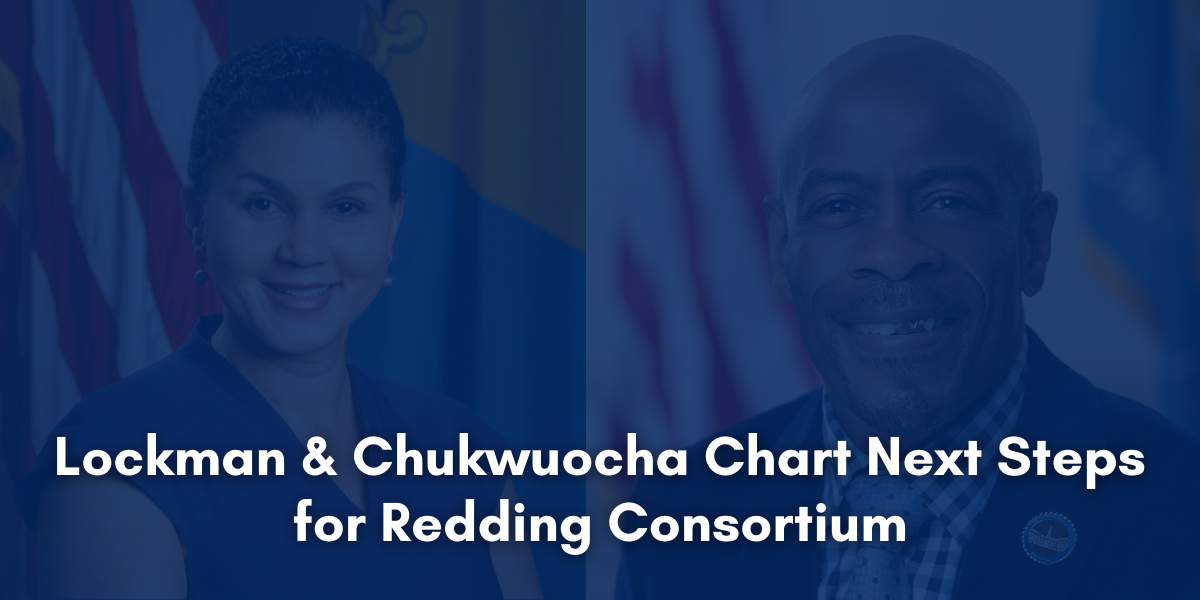DOVER – The Delaware Senate approved legislation on Tuesday that would encourage wider adoption of peer-to-peer car sharing in the First State and establish basic consumer protections for those that participate.
Peer-to-peer (P2P) car sharing allows car owners to authorize customers to use their personal vehicle for a set period of time. This practice, and the agreements involved, are facilitated by peer-to-peer car sharing companies, often through mobile apps.
“Innovation is what drives our state, and it’s on all of us in Dover to make sure we are striking the right balance between cutting-edge technology and reasonable consumer protection,” said Senate Majority Whip Elizabeth “Tizzy” Lockman, D-Wilmington. “Peer-to-peer car sharing offers an exciting opportunity for car owners to earn a little extra income and for those looking to temporarily borrow a car to do so without breaking the bank. I’m proud to help establish this balance in Delaware and thank my colleagues for their support today.”
Peer-to-peer sharing differs from both traditional car rental companies and rideshare services like Uber and Lyft. While P2P programs exist in a substantially different market, they are conceptually similar to platforms like AirBNB and VRBO in that they allow owners to create services by leveraging their own assets. Currently, the largest car sharing companies are Turo and getaround.
As P2P car sharing has expanded to new markets, states have been moving to set basic consumer protections for customers and car owners alike.
Senate Bill 168, sponsored by Sen. Elizabeth “Tizzy” Lockman, seeks to regulate this growing industry in three key ways:
- Establishes new consumer protections for vehicle owners and drivers by setting clear insurance coverage requirements for P2P car sharing, requiring sharing platforms to provide liability insurance for every transaction, and allowing customers to add additional insurance protections via third party insurers.
- Establishes responsibility for car-sharing programs to ensure that no vehicles offered for use were subject to safety recalls that had not been addressed via repairs.
- Establishes clear statutory definitions of car sharing platforms and activities, require various disclosures to consumers, and hold P2P companies accountable for record keeping.
A 2014 Congressional Small Business Committee hearing included testimony from professor Philip Auerswald of George Mason University that “[peer-to-peer] buyers pay less than they would without the service and sellers earn more, if only because they often would not be able to bring their service to market without the peer-to-peer platform. Furthermore, buyers have access to previously unavailable options in the marketplace, while sellers have opportunities to diversify their sources of income and increase their financial resilience.”
Fifteen states currently have P2P car sharing laws on the books, including neighboring Maryland.
SB 168 now heads to the House for consideration.
###

